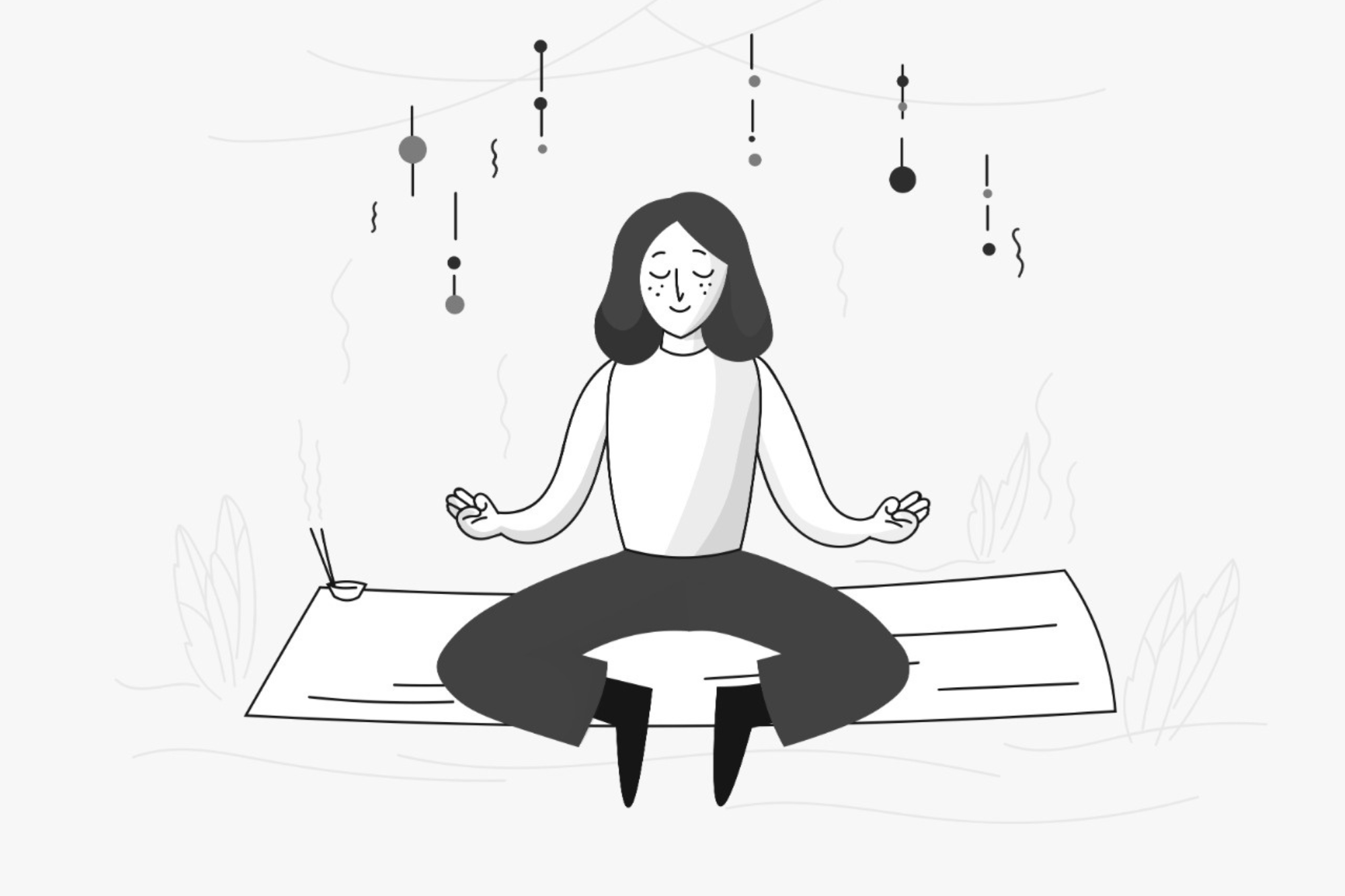SIGNIFICANCE OF MINDFULNESS
Envision a world where you don’t have to spend money on medicine to be better. It’s a stretch, but not impossible. Mindfulness training can help us achieve this goal. To cultivate mindfulness is to bring one’s full awareness to whatever is happening in the present moment without attaching any value to it or trying to change it (Harvard Health Publishing, 2019). Including regular mindfulness practices into daily life can help speed up the recovery process. Everyone has the innate ability to mend oneself.
Mindfulness as Medicine
The practice of mindfulness as medicine has its roots in the East, and more specifically in Buddhist meditation. For Buddha, “every man or woman is the builder of his or her own healing and destiny” (Schomer & Morrissey, 2017). Humans, according to Eastern medicine, pack on extra pounds because we’ve learned to bottle up our feelings and thoughts. Obviously, we can influence our health more than we have been led to believe. Due to the fact that it doesn’t benefit their business, the medical establishment has been sluggish to acknowledge the benefits of mindfulness.
One must discover the origin of an illness in order to heal it. A person’s frame of mind is the true origin of any illness. In order to convince one’s mind, one must simultaneously entertain both positive and negative thoughts. Michael Beckwith says it best in Heal: “tonic thoughts make tonic chemicals, toxic thoughts produce toxic chemicals” (Schomer & Morrissey, 2017). Living in the now and deciding not to assign value to events can be a stress-reliever.
The Healing Power of Mindfulness
The article The Healing Power of Mindfulness claims that “when you are more tolerant of what is going on in the present now, you offer less resistance” (Boyce, B. et al., 2017). Awareness of a thought is the first step in practicing mindfulness of thoughts (Boyce, B. et al., 2017). “By concentrating on the present moment, many practitioners of mindfulness find that they are less inclined to get caught up in worry about the future or regrets about the past” (Boyce, B. et al., 2017).
Stress is the root of all illness. Because anxiety is linked to anticipatory worry and because concentrating on the past can lead to depression, chronic worry about the future and the past puts one at danger.
Treatment for mood disorders, addiction, eating disorders, anxiety disorders, and OCD all benefit greatly from mindfulness meditation practice (Harvard Health Publishing, 2019). Mindfulness training helps people tune into their feelings and refrain from blocking them out during the healing process.
Informally practice Mindfulness
By paying attention to your present-moment experiences while engaging in daily activities, you can practice mindfulness informally in addition to officially through formal meditation. You can accomplish this by focusing entirely on one task at a time when single-tasking. Slow down and be completely present while the activity unfolds and incorporates all of your senses, whether it’s flossing your teeth, petting the dog, or eating an apple.
Exercises in Mindfulness
Attending a class or listening to a meditation tape might be terrific places to start if mindfulness meditation appeals to you. Here are two mindfulness activities you might attempt on your own in the meanwhile.
Simple Mindfulness practices
It teaches the fundamentals of mindfulness meditation.
- Sit cross-legged on the floor or in a straight-backed chair.
- Concentrate on a specific part of your breathing, such as the sensation of air flowing into and out of your mouth or the rise and fall of your abdomen with each inhalation and exhalation.
- This will help you focus more narrowly. Then, start to focus more broadly. Become conscious of your thoughts, feelings, and sounds.
- Accept and give each idea or feeling some thought without evaluating it as good or harmful. If your thoughts begin to wander, refocus on your breathing. Then broaden your awareness once again.
Mindfulness Benefits
Practicing mindfulness has numerous health benefits, including those related to one’s mental and physical well-being. It has been shown to be effective in treating cardiovascular illness, reducing blood pressure, relieving chronic pain, facilitating restful sleep, and soothing gastrointestinal distress (Harvard Health Publishing, 2019).
Learn more: Mindfulness and Mental Health Awareness
Know more on Ho’oponopono to heal
Shruti Dua, Blogger, BSc.(Psychology)




